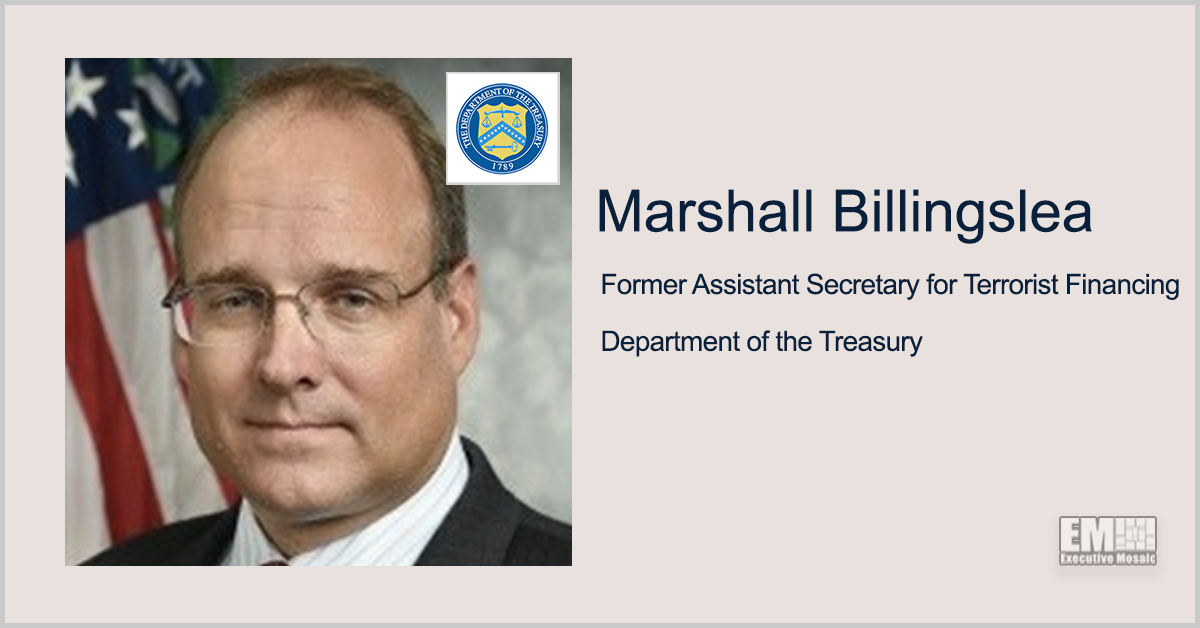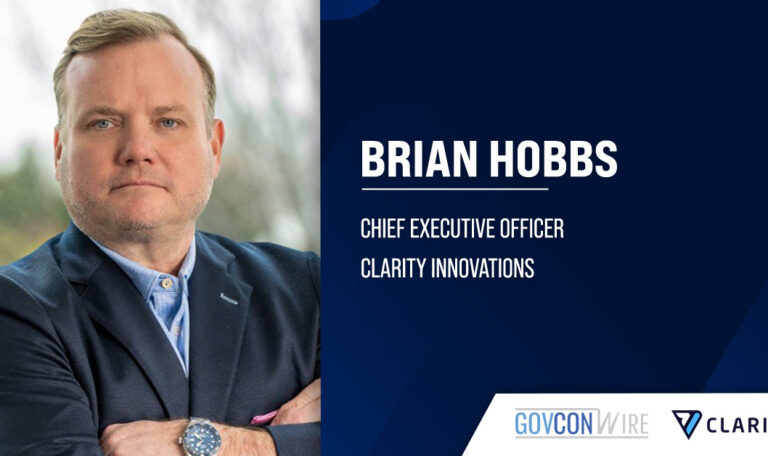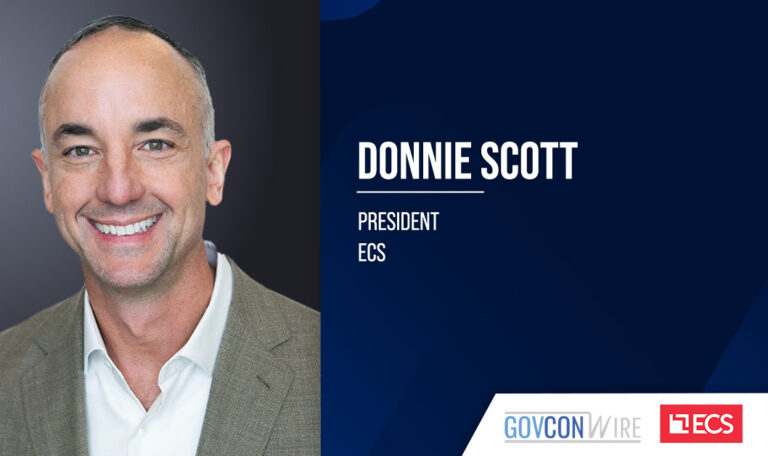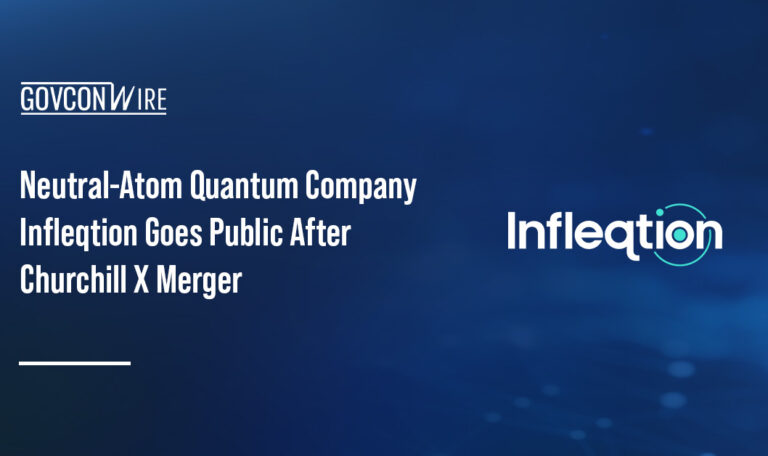Thursday’s Digital Currency and National Security Forum, hosted by the Potomac Officers Club, featured a mid-day keynote address from the Honorable Marshall Billingslea, former assistant secretary for terrorist financing at the Department of the Treasury, on how blockchain fits into the broader context of historic human innovation, the national security concerns digital currencies raise and the implications the new technology has in the future of virtual assets.
The timely event marked the first of its kind in Potomac Officers Club history and provided a dedicated platform for thought leaders, cryptocurrency experts, industry analysts and federal officials to closely examine the many complex facets surrounding virtual assets and their federal applications as the unregulated global digital economy continues to grow.
Gurvais Grigg, global public sector chief technology officer for Chainalysis, gave the virtual audience an introduction of Billingslea, who then took the platform to share his insightful ideas on blockchain technology and its potential to transform the way we facilitate value transfer around the world.
If you missed Thursday’s event, visit PotomacOfficersClub.com, where you can view the full Digital Currency and National Security Forum and other GovCon sector events on-demand now.
In opening his keynote session, Billingslea compared the creation of blockchain technology to the advent of electrical power generation in terms of global economic impact and transformative breakthrough innovations.
Billingslea noted that as developments unfolded in the early days of electric power generation, U.S. companies had to overhaul and completely transform the architecture of their existing factories to better suit new technologies and production processes.
With blockchain however, the foundations have not yet been laid to the extent required for growth or even success, Billingslea said.
“The issue is that there’s a half century or more of infrastructure, both brick and mortar, as well as digital, that surrounds the current financial system,” he posited. “That investment is not optimized to take advantage of this new technology, and in some cases is frankly threatened by it.”
Regardless of infrastructure setbacks, Billingslea sees a revolutionary future for the role of blockchain and digital currencies in American life and on a global scale.
“Just as electricity generated massive productivity increases and quality of life improvements for the American public in the mid and late 1920s, I believe blockchain technologies – when properly adopted and integrated – hold great promise for financial inclusion, for overseas remittances (which are getting harder and harder to process through fewer and fewer pipes) and far more rapid lower cost payment settlement mechanisms in the 2020s,” Billingslea said.
In regards to national security concerns the technology may pose to the federal government, Billingslea said digital currency may have gotten into the wrong hands in its infancy, which has perpetuated an illicit component of its use today.
“The bad guys were early adopters,” Billingslea noted.
He explained, “When we were preparing the 2020 strategy for combating terrorists and other illicit financing, we solicited input from across the federal government, particularly law enforcement, and it was clear that use of Bitcoin for illicit purposes was rapidly trending in the negative.”
Though he mentioned that ratio has changed throughout his time in that role and in industry, illicit digital and crypto currency transactions remain a crucial issue in national security.
To hear Marshall Billingslea’s full keynote speech, watch the Digital Currency and National Security Forum on-demand now.

The Potomac Officers Club will host its latest JADC2 Series event, Achieve Information Dominance: Counter Gray Zone Warfare Through Unifying Data, on Feb. 2, which will bring together defense and industry leaders in conversation surrounding the Pentagon’s data strategy.
Brig. Gen. Charles Parker, deputy director of J6/Joint Staff and chair of the Department of Defense’s Joint All-Domain Command & Control Cross Functional Team, is scheduled to keynote the event to discuss how military service branches are working to create unified data fabrics as a key strategy for addressing hybrid warfare.
Click here to register for the Achieve Information Dominance: Counter Gray Zone Warfare Through Unifying Data on Feb. 2.
















